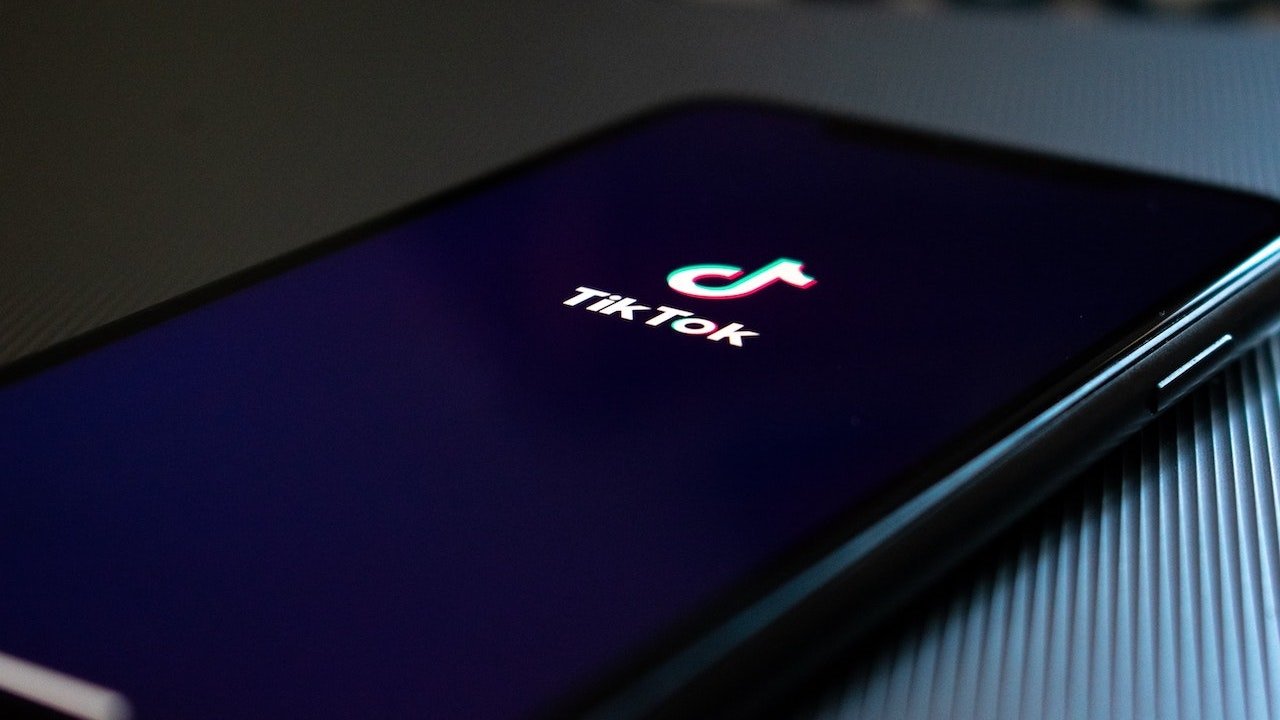TikTok on a smartphone

AppleInsider may earn an affiliate commission on purchases made through links on our site.
TikTok CEO Shou Chew has presented written testimony ahead of meeting the US House Energy and Commerce Committee to discuss accusations around the platform's ties to China.
Chew is appearing in front of the committee on March 23, 2023, in order to address concerns about TikTok's ownership, and its collection of user data. These are issues that have already led to the House of Representatives ordering the removal of TikTok from its staff phones, and to an increasing likelihood of an outright ban.
CEO Shou Chew will answer questions from the committee, but he has already presented his case in a 5,000-word written testimony. In it, he argues that not only is TikTok popular in the US, but it is responsible for bringing worldwide "exposure to American musicians, artists, chefs, and many more."
"While users in the United States represent 10 percent of our global community," he writes, "their voice accounts for 25 percent of the total views around the world."
Chew also stresses how TikTok prides itself on "being a platform that helps [US] companies.. many of them small businesses... thrive." He says that over 150 million Americans use the platform, "and we know we have a responsibility to protect them."
Consequently, his testimony is split into emphasizing what specific steps the company is doing to address US concerns — and to denying Chinese connections.
"Let me state this unequivocally," he continues, "[TikTok owner] ByteDance is not an agent of China or any other country."
Addressing US concerns
Describing the company's "Project Texas," Chew says that it involves his firm having "contracted with Oracle... to store TikTok's US user data" on servers within the US.
"Moreover, Oracle has already begun inspecting TikTok's source code and will have unprecedented access to the related algorithms and data models," he continues. "No other social media company, or entertainment platform like TikTok, provides this level of access and transparency."
TikTok is still transitioning to Oracle, which means it is currently also "deleting historical protected US user data stored on non-Oracle servers." When this is complete, later in 2023, Chew says, there will be "no way for the Chinese government to access [US user data] or compel access to it."
He also denies that China has ever requested data, plus he says TikTok would refuse if it were asked.
Chew argues that a ban onTikTok "hurts American small businesses, damages the country's economy, silences the voices of over 150 million Americans, and reduces competition in an increasingly concentrated market."
"Bans are only appropriate when there are no alternatives," he continues. "But we do have an alternative one that we believe addresses the concerns we've heard from this Committee and others."
That plan centers on four commitments. "We will keep safety — particularly for teenagers — a top priority for us," says Chew. "We will firewall protected US user data from unauthorized foreign access."
"Tiktok will remain a platform for free expression and will not be manipulated by any government," he says. And finally, "we will be transparent and give access to third-party independent monitors, to remain accountable for our commitments."
Much of Chew's position in the new testimony is, as he points out, the same that he has been discussing with the committee and other parties, particularly concerning Project Texas.